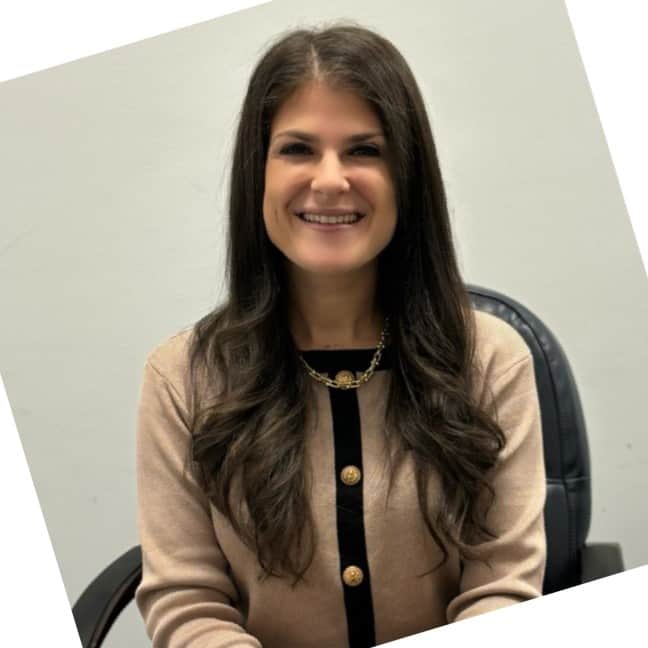One of the most challenging aspects of addiction is recognizing it within ourselves. Many individuals struggle with identifying whether they have an addiction or not, and this can lead to denial, shame, and a reluctance to seek help.
Understanding Substance Use Disorder
Substance Use Disorder (SUD) is the clinical term used to describe addiction to drugs or alcohol. It is characterized by a pattern of continued use despite negative consequences and an inability to control or stop using the substance. SUD is a chronic brain disease that affects a person’s behavior, thoughts, and emotions.
The Cycle of Drug Abuse and Addiction
Drug abuse typically starts as a voluntary act, with individuals choosing to experiment with a substance due to curiosity, peer pressure, or an attempt to cope with stress. Over time, repeated drug use can alter the brain’s chemistry, leading to a cycle of addiction.
The originally voluntary use becomes a physical and psychological need, with withdrawal symptoms occurring when the substance is not consumed. This cycle of addiction is difficult to break and often requires professional help. Recognizing the signs of addiction and seeking help early on is crucial in preventing long-term damage and facilitating recovery.
Alcohol Use Disorder (AUD) and Addiction
Alcohol Use Disorder (AUD) is a specific type of SUD that refers to addiction to alcohol. It is characterized by an uncontrollable urge to drink and the inability to stop drinking despite negative consequences. Like other addictions, AUD can cause physical, emotional, and social harm.
Addiction and Mental Health Disorders
It’s common for individuals with addiction to also struggle with mental disorders. This is known as a co-occurring disorder or a dual diagnosis. Mental illness can contribute to drug use and vice versa, creating a cycle that can be challenging to break.
Common examples of co-occurring disorders include post-traumatic stress disorder, depression, anxiety, and bipolar disorder. In these cases, the recovery process must address both addiction treatment and a treatment plan for the mental disorder.

We’ve Helped Thousands of Individuals Overcome Drug and Alcohol Addiction
Signs of Drug and Alcohol Addiction
There are many signs of addiction that may indicate a problem with substance use. These can include social, emotional, and physical symptoms, such as:
- An intense desire or compulsion to engage in addictive behavior
- Difficulty controlling the amount or frequency of use
- Continued engagement in the behavior despite negative outcomes
- Withdrawal symptoms when the drug wears off
- Ongoing unsuccessful attempts to cut down or stop using alcohol or drugs
- Mood swings, irritability, and changes in behavior
- Changes in personal appearance, personal hygiene, or newly developed health problems
- Engaging in risky behaviors that can lead to legal problems to get more of the substance, such as going through other people’s medicine cabinets or attempting to steal money
Understanding Your Relationship with Substance Abuse
While the signs and symptoms of addiction are essential indicators, understanding your relationship with addiction is crucial. Often, individuals with an addiction will have a love-hate relationship with their substance or behavior of choice.
Oftentimes addiction is not just about the substance or behavior itself but also the underlying reasons why it is being used.
Many people turn to addictive behaviors as a coping mechanism for underlying issues such as trauma, stress, or mental health disorders. Individuals may turn to prescription painkillers or other drugs for chronic pain, for example, and then become addicted to the medication.
Seeking Help For Alcohol or Drug Abuse
If you’ve noticed the signs and symptoms of addiction, it’s essential to seek professional help. A therapist or counselor can provide support and guidance in understanding your relationship with addiction and developing healthy coping mechanisms. Treatment programs, such as detox at rehabilitation centers, can also provide a safe and supportive environment for individuals to overcome their addiction.
Get Started with Right Path Recovery
At Right Path Recovery, we understand the complexities of addiction and offer personalized treatment plans to help individuals achieve lasting recovery.
Our experienced team of professionals provides comprehensive care and support in a compassionate and non-judgmental environment. Contact us today via our online contact form to learn more about our addiction recovery services and how we can help.

Recovery Starts at Our Drug and Alcohol Rehab by Requesting a Call
"*" indicates required fields
Additional Resources For Alcohol and Drug Use
Additional resources related to addiction available for individuals and their family members include:
Substance Abuse and Mental Health Services Administration (SAMHSA)
SAMHSA is a government agency that works to reduce the impact of substance abuse and mental illness on America’s communities. They provide resources, treatment locators, and information for individuals seeking help for addiction.
Alcoholics Anonymous (AA)
AA is a global fellowship of individuals who have struggled with alcohol addiction and are committed to helping others achieve sobriety. They offer support meetings, resources, and a 12-step program for recovery. Meetings can be looked up on their website.
Narcotics Anonymous (NA)
Similar to AA, NA is a worldwide organization that provides support for individuals struggling with drug addiction. Their meetings follow the same 12-step program as AA; information on meetings can be found on their website.

Insurance Can Cover up to 100% of The Costs of Addiction Treatment and Mental Health Care
Did you know that insurance can cover up to 100% of the costs of addiction treatment and mental health care? Our addiction treatment center accepts most insurance plans. For a free insurance benefits check complete our confidential insurance verification form by clicking the link below.













